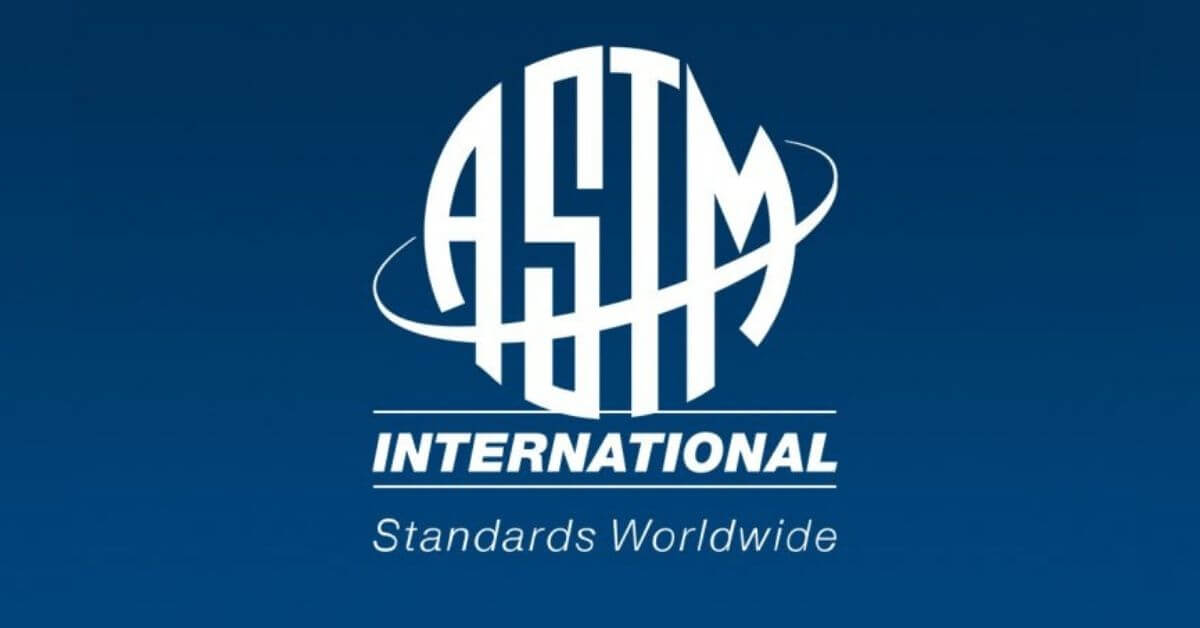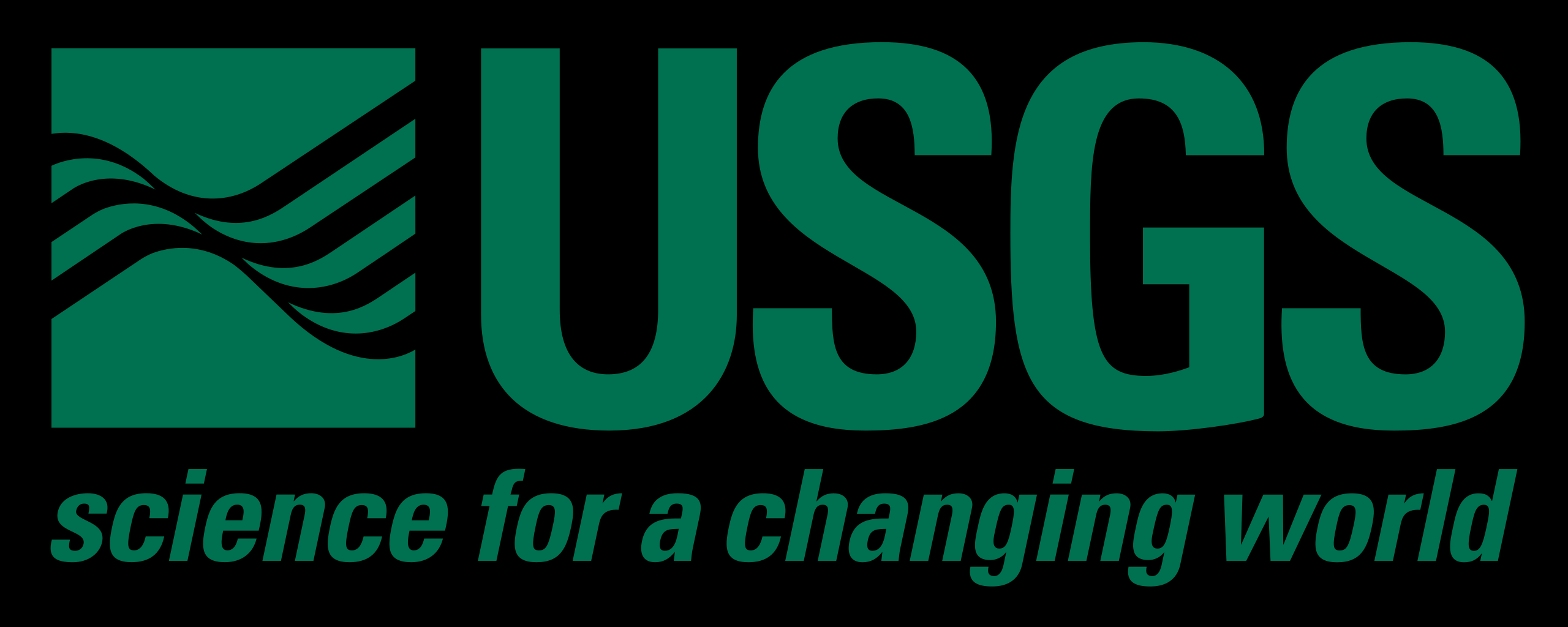English

What are you looking for?
The London Metal Exchange (LME) is a futures and forwards exchange with the world's largest market in standarised forward contracts, futures contracts and options on base metals. The exchange also offers contracts on ferrous metals and precious metals. As the LME offers contracts with daily expiry dates of up to three months from trade date, weekly contracts to six months, and monthly contracts up to 123 months, it also allows for cash trading. It offers hedging, worldwide reference pricing, and the option of physical delivery to settle contracts. HSG provides LME ferro tungsten and LME ferro molybdenum for sale at good wholesale prices based on LME Standards. Contact us and get LME cobalt metal price today!

The AISI maintained a numbering system for wrought stainless steel in which the three digits indicate the various compositions. The 200 and 300 series are generally austenitic stainless steels, whereas the 400 series are either ferritic or martensitic.

ASTM International, formerly known as American Society for Testing and Materials, is an international standards organization that develops and publishes voluntary consensus technical standards for a wide range of materials, products, systems, and refractory metal suppliers services. Some 12,575 ASTM voluntary consensus standards operate globally. The organization's headquarters is in West Conshohocken, Pennsylvania, about 5 mi (8.0 km) northwest of Philadelphia.

The United States Geological Survey, abbreviated USGS and formerly simply known as the Geological Survey, is a scientific agency of the United States government. The scientists of the USGS study the landscape of the United States, its natural resources, and the natural hazards that threaten it. The organization's work spans the disciplines of biology, geography, geology, and hydrology. The USGS is a fact-finding research organization with no regulatory responsibility. The agency was founded on March 3, 1879.
